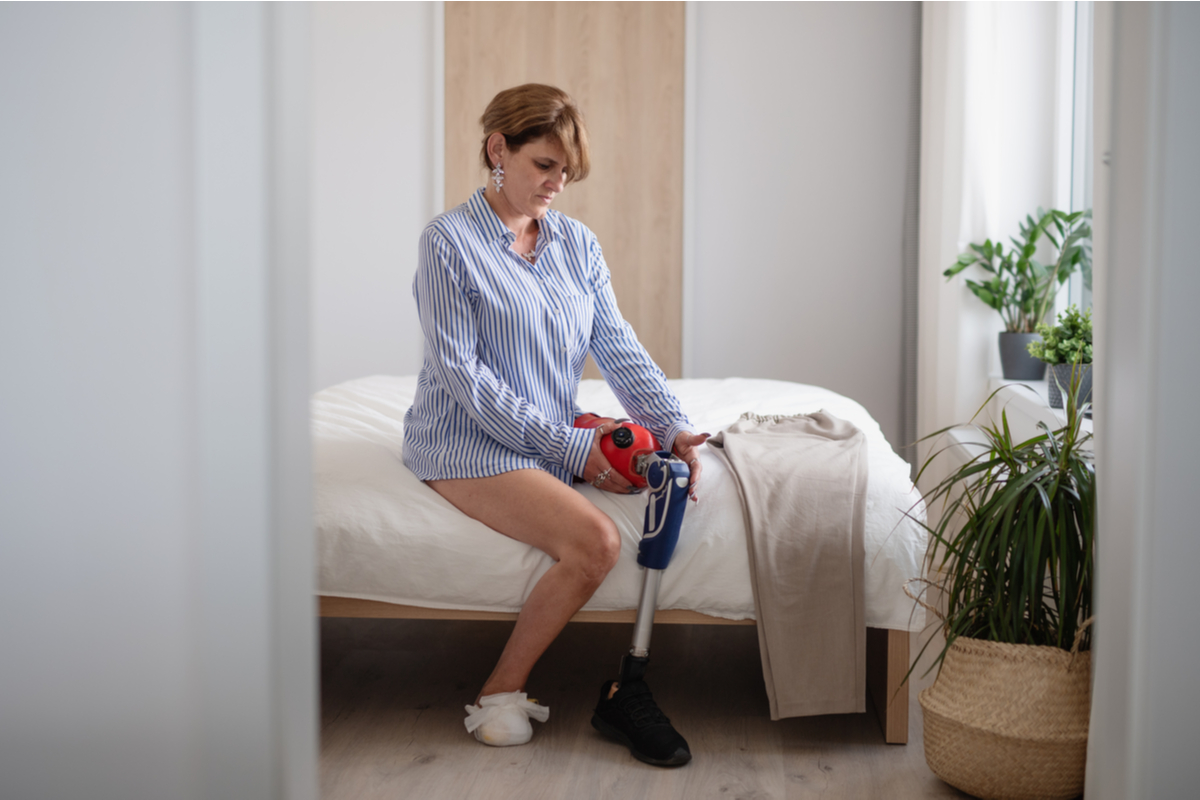
When it comes to using prosthetic devices in Culpeper, VA, individuals may face common skin issues that can affect their daily lives. These skin problems can range from irritation and discomfort to more serious infections.
As a prosthetic user, it is important to understand how to prevent these issues to maintain overall health and well-being. By being aware of these potential problems and taking preventative measures, you can continue living without discomfort or hindrance from your prosthetic device.
In this blog, we will discuss the most common skin issues prosthetic users face and provide tips on preventing them.
Dealing With Skin Irritation
One of the most common skin issues prosthetic users face is skin irritation. This can occur due to friction and pressure from the prosthetic device, leading to redness, swelling, and discomfort. To prevent this, it is important to properly clean and dry your residual limb before putting on the prosthesis.
A pH-balanced and fragrance-free cleanser can help remove any buildup or bacteria on the skin. You should wash your residual limb and prosthetic liner daily with this type of cleanser. After washing, thoroughly dry the area with a soft and lint-free towel before donning the prosthetic. This will help reduce friction and prevent skin irritation.
Pressure Sores Prevention with Proper Fit and Regular Check-ups
Another skin issue caused by prosthetic use is pressure sores, also known as decubitus ulcers. These are caused by prolonged pressure on the skin and underlying tissue, which can damage the surrounding area.
It is crucial to have a properly fitting prosthesis to prevent pressure sores. This means scheduling bi-monthly visits to your prosthetist for fit assessments and adjustments. A well-fitted prosthesis will distribute pressure evenly across your residual limb, reducing the risk of developing pressure sores.
How to Prevent Chafing and Friction
Chafing is another common skin issue faced by prosthetic users. Excessive rubbing between the skin and the prosthesis can cause discomfort and irritation. To prevent chafing, keeping your residual limb moisturized with a non-irritating lotion or cream is important.
Another helpful tip is to apply a thin layer of an anti-chafing balm like Body Glide on areas prone to friction before putting on your prosthetic device. This will create a barrier between your skin and the prosthesis, reducing friction and preventing chafing.
Allergic Reactions
If you experience frequent skin reactions such as rashes or itching, it may be due to an allergic reaction. Certain prosthetic materials and skin care products can contain irritants that may cause these reactions. To prevent this, switching to hypoallergenic liners made of medical-grade silicone is recommended.
Contact Us For Quality Prosthetic Devices in Culpeper, VA!
We understand the importance of proper prosthetic care and maintenance. Our team of experienced prosthetists can help you find the best solution for your unique needs. Contact us today to schedule an appointment!



